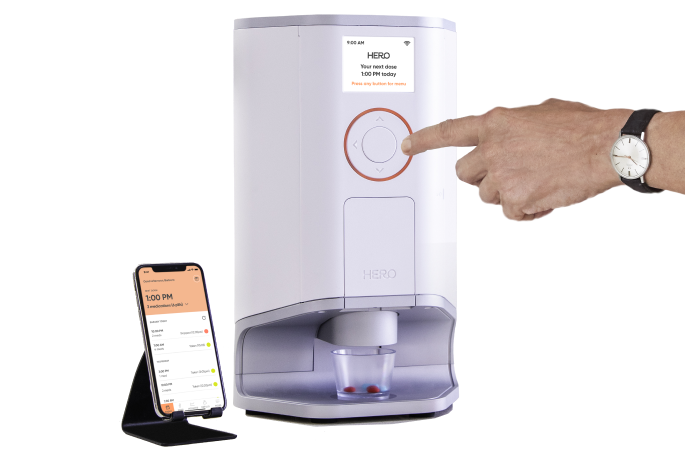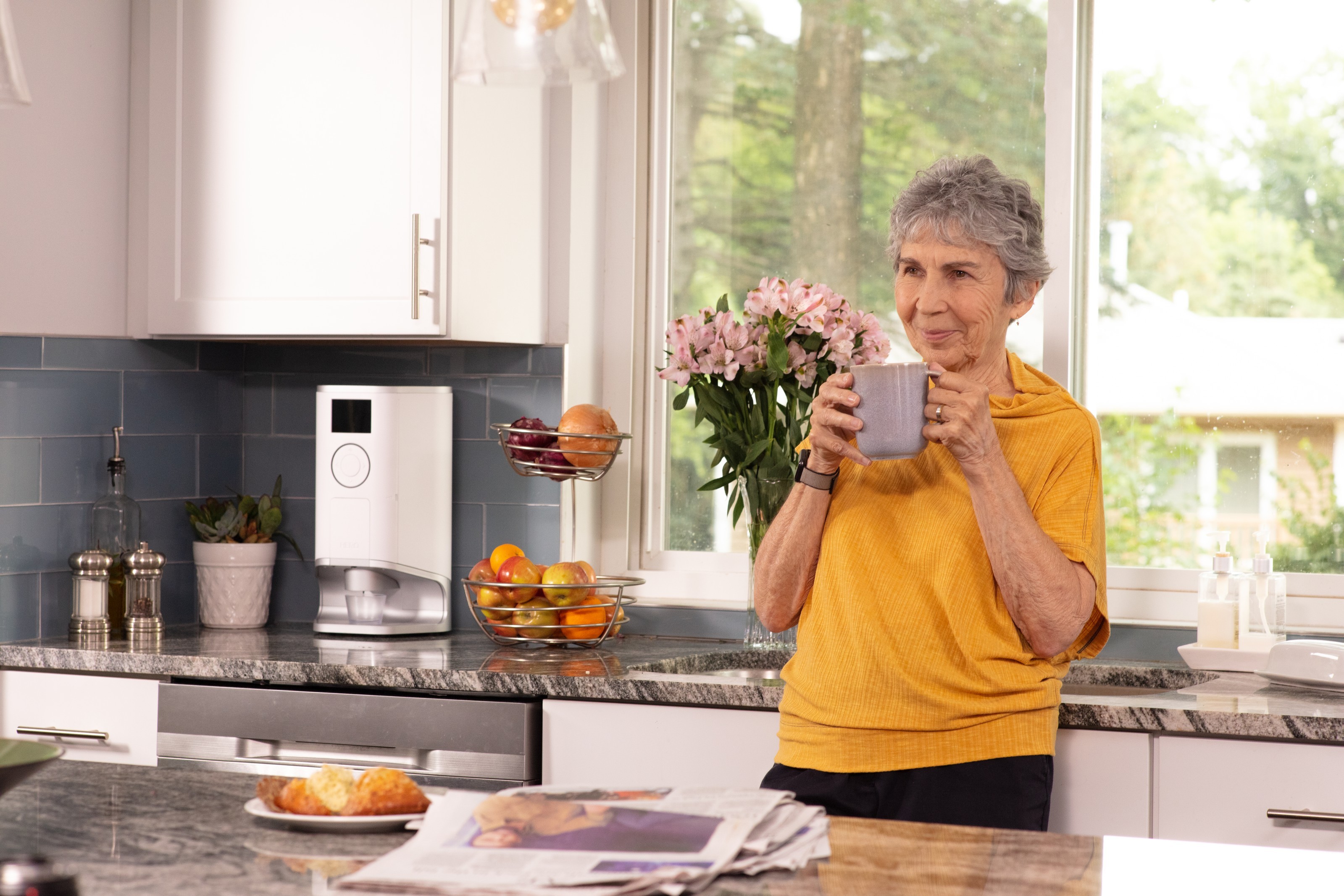Preventing caregiver burnout through social support

About the author: Kasley Killam, MPH is the founder of Social Health Labs, where she partners with cross-sector organizations on local, state, and national initiatives to reduce loneliness and improve social well-being. She holds a master’s from the Harvard T. H. Chan School of Public Health.
“Seventeen years ago, my husband was diagnosed with a rare form of early onset dementia that robbed us both of some of the expected best years of our lives together. I've had to think about what it means to be both married and alone. There is no roadmap for this.”
A woman, whose privacy I shall respect by keeping her anonymous, recently shared this with me, and I have been thinking about it ever since. When I asked her how she coped, she described leaning into other sources of support and connection, such as friends, family members, and community involvement.
In my work, I am honored when caregivers and healthcare providers share personal stories of grappling with loneliness and the other difficult emotions that can come from helping people with chronic conditions. If there’s one common theme that stands out, it’s that they are not alone in feeling alone.
Whether you are a professional caregiver or someone informally caring for a family member or friend, you may be able to relate to this woman’s experience. In turn, you may have also gone through burnout while navigating the caregiving journey. Although there may not be a roadmap, there are signposts pointing the way to thriving as a caregiver—and one such signpost is about social support.
Social support: a buffer against burnout
In a systematic literature review to identify key factors that help caregivers cope, researchers concluded that those with high levels of social support demonstrated better adjustment and less distress in their caregiving journey. In particular, caregivers were more resilient if they engaged in frequent, positive social interactions and had opportunities to share their experiences with others. Similarly, caregivers with strong marital bonds who received affection and felt cared for at home were better adjusted at work.
Moreover, social support can reduce side effects for caregivers who are already experiencing burnout. For example, a recent study examined the well-being of over 1,000 physicians and nurses and found that social support mediated the impact of burnout on their overall health. In other words, emotionally exhausted caregivers had better health if they felt socially supported—but worse health if they did not. This finding held true for both men and women.
How does connection augment resilience?
There are a few ways in which social support strengthens caregivers’ ability to overcome the challenges of their role. Let’s explore three in particular:
1. The practical
Social support can take the form of others carrying some of the weight and relieving the caregiver’s burden. For instance, the previously mentioned literature review described the immense benefits of practical help. When caregivers shared their responsibilities with family members, friends, or professional services, like adult daycares and home health services, they were less susceptible to burnout. Evidently, just as social support can help patients live with their chronic conditions and even lead to better health outcomes, it can also improve caregivers’ well-being.
2. The psychological
Social support may also provide a buffer against caregiver burnout for the simple reason that it is a source of joy and meaning; it transcends the day-to-day. Feeling loved and understood is a fundamental human need that gives life a sense of purpose. Imagine laughing with a friend, hugging a romantic partner, or having a conversation with a family member, and it’s not hard to see how those warm interactions might help relieve the emotional burden of caregiving and fuel resilience.
For example, one study showed that social support mediated the link between greater resilience and reduced burnout for caregivers of people with dementia. This means that caregivers experienced less burden precisely because they felt supported. On the flip side, if you feel lonely as a caregiver—or in general—the disconnection can take a serious toll on your mental health, including an increased likelihood of depression and cognitive decline.
3. The physical
In addition to these practical and psychological benefits, social support also confers physical benefits for caregivers. In a new study, researchers followed caregivers of older adults with dementia for ten weeks and measured their levels of perceived stress and cortisol—a hormone known to damage health if elevated too often—before and after this period. Even if they were stressed, caregivers who were more satisfied with their social support displayed lower levels of cortisol over time. Similarly, a past study revealed that social support mitigates psychological distress and the cortisol response for the parents of children with autism and attention deficit hyperactivity disorder.
Strengthen your social muscles
Based on this evidence, I invite you to think of connection as a useful strategy to prevent or reduce burnout and nurture your own well-being. After all, to take care of someone else, you must take care of yourself first; this is true for relationships of any kind, but especially for caregivers. In particular, friends, family members, romantic partners, neighbors, and therapists might be valuable sources of social support that you can turn to.
Another source of connection can be coworkers. For instance, one study found that professional caregivers had fewer symptoms of burnout and actually provided better treatment to patients if they got social support from their coworkers and supervisors, because it led to more empathic communication and less emotional detachment. Likewise, supportive relationships in the workplace have helped oncology nurses to avoid burnout. One program in group homes for individuals with developmental disabilities successfully cultivated support among caregivers by introducing them to new coworkers and providing opportunities to enhance their existing relationships.
Like the woman I spoke with who draws strength from her community while caring for her husband, consider who in your life can give you the support you need to be resilient. Although you may not have a formal roadmap, you don’t have to go on the caregiving journey alone.
Complex med schedule? We solved it.
Hero’s smart dispenser reminds you to take your meds and dispenses the right dose, at the right time.

The contents of the above article are for informational and educational purposes only. The article is not intended to be a substitute for professional medical advice, diagnosis, or treatment. Always seek the advice of your physician or other qualified clinician with any questions you may have regarding a medical condition or its treatment and do not disregard professional medical advice or delay seeking it because of information published by us. Hero is indicated for medication dispensing for general use and not for patients with any specific disease or condition. Any reference to specific conditions are for informational purposes only and are not indications for use of the device.



